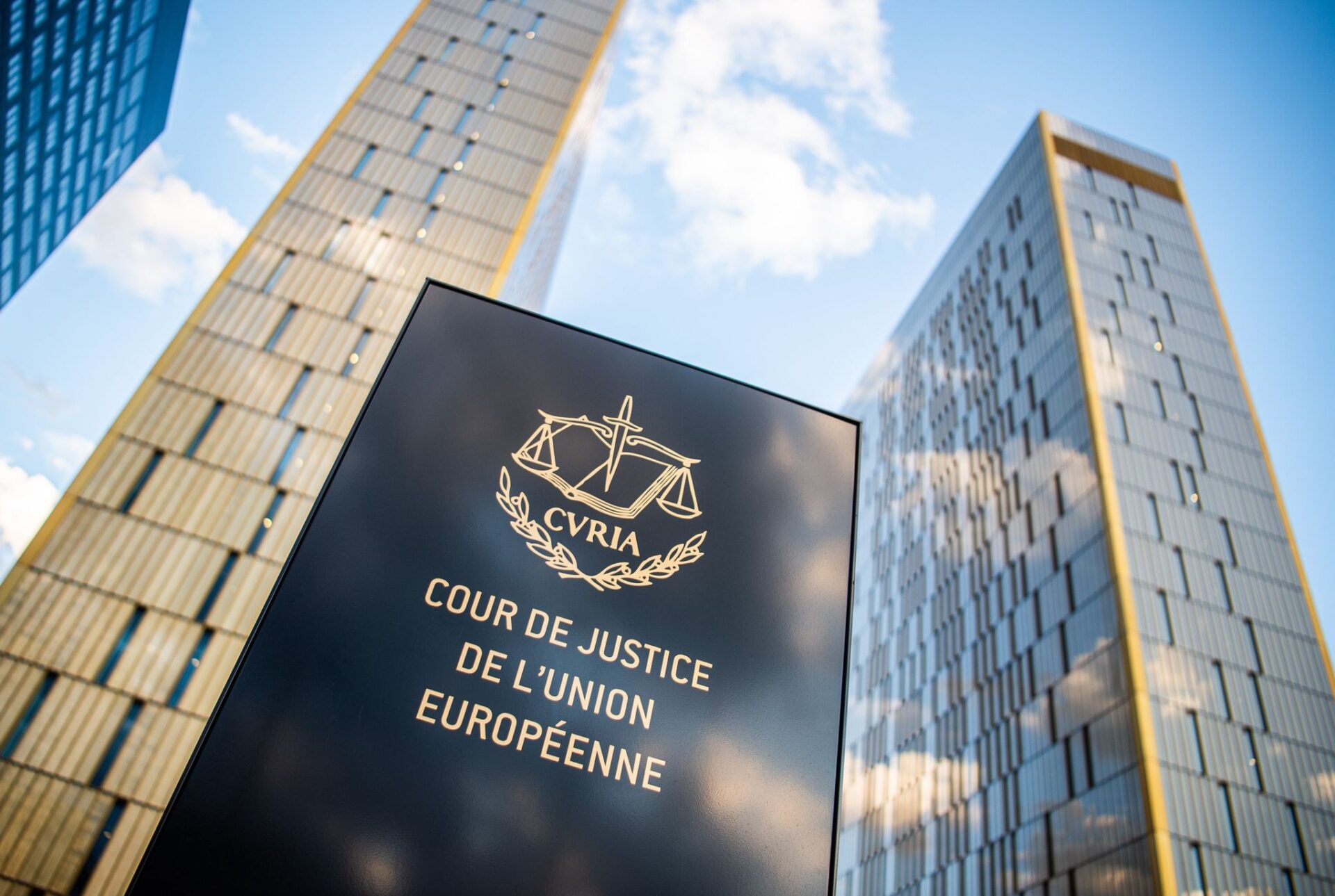
The EU Court of Justice has ruled in favor of Denmark, determining that the country did not violate EU law by implementing a restriction on cabotage bus services.
This case originates from an administrative measure introduced by Denmark in November 2019, following a complaint from the EU Commission.
Under this practice, non-Danish transport companies are permitted to perform cabotage bus services only if the transport occurs within “seven consecutive days in a calendar month.”
This means that a foreign transport company cannot conduct two cabotage bus services in Denmark during a calendar month if there is more than a week between the two services.
The Commission argues that this measure restricts opportunities for transport companies to offer cabotage services in Denmark.
Cabotage involves the transport of goods or passengers between various destinations within the same country using a vehicle registered in another country.
The Danish practice and the court’s ruling specifically pertain to bus transport.
The EU Court of Justice concluded that the Danish measure does not breach EU law, as it found that the Commission did not sufficiently demonstrate that Denmark had violated its obligations regarding this practice.
When the Danish regulation was introduced in 2019, the Minister of Transport stated in a press release that it aimed to combat social dumping within the road transport sector.
The announcement also highlighted the ambiguity and lack of clear guidelines in the EU regulations regarding cabotage.
The EU regulation allows for cabotage under the definition of “occasional transport.”
The ruling clarifies that the concept of “occasional transport” permits member states to determine its application.
For Dansk Erhverv, the industry organization, the ruling is a positive outcome for Denmark, as it clarifies the rules governing cabotage bus services.
Jesper Kronborg, branch director for Dansk Erhverv Transport, stated in a written statement, “With the ruling in Denmark’s favor, it is essential to ensure effective enforcement so that competitive conditions remain fair.”













Leave a Reply